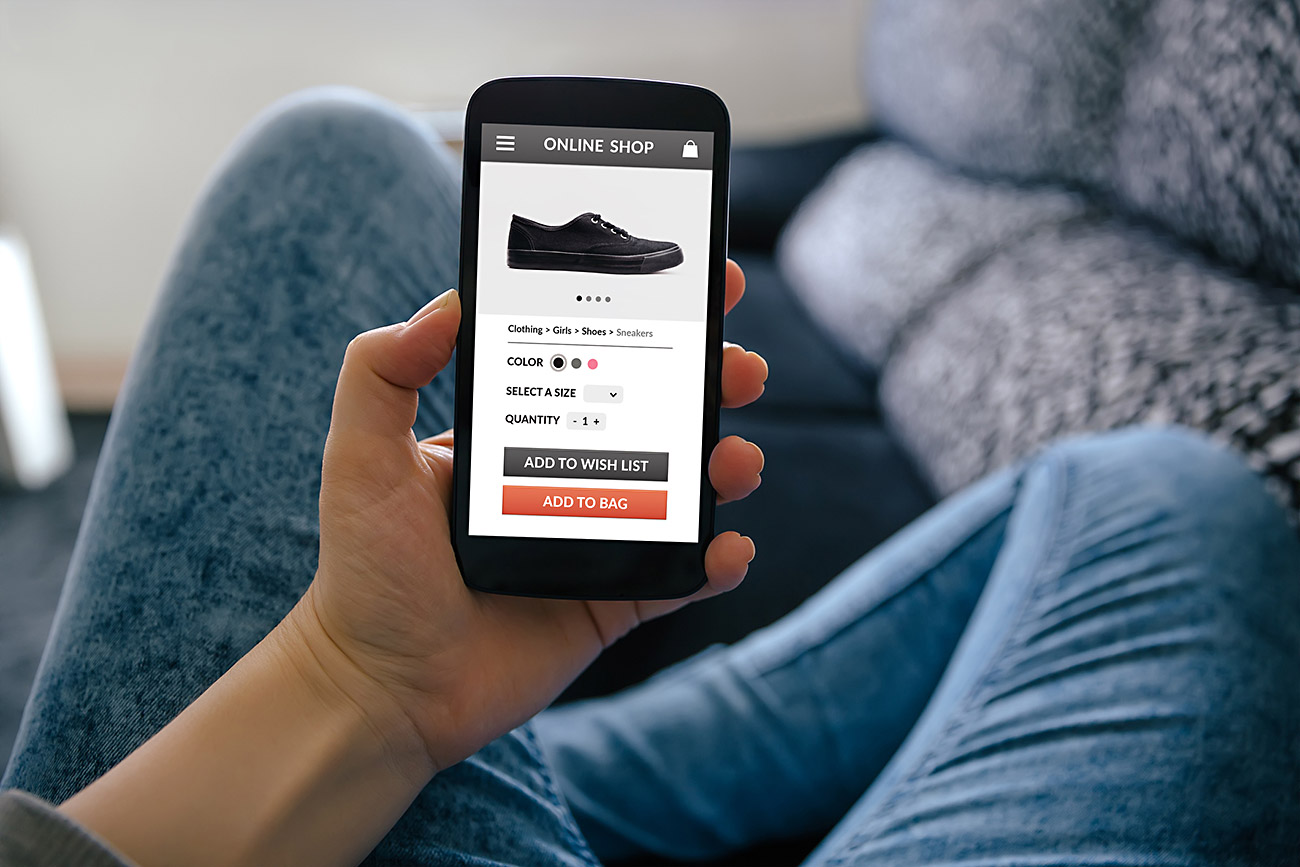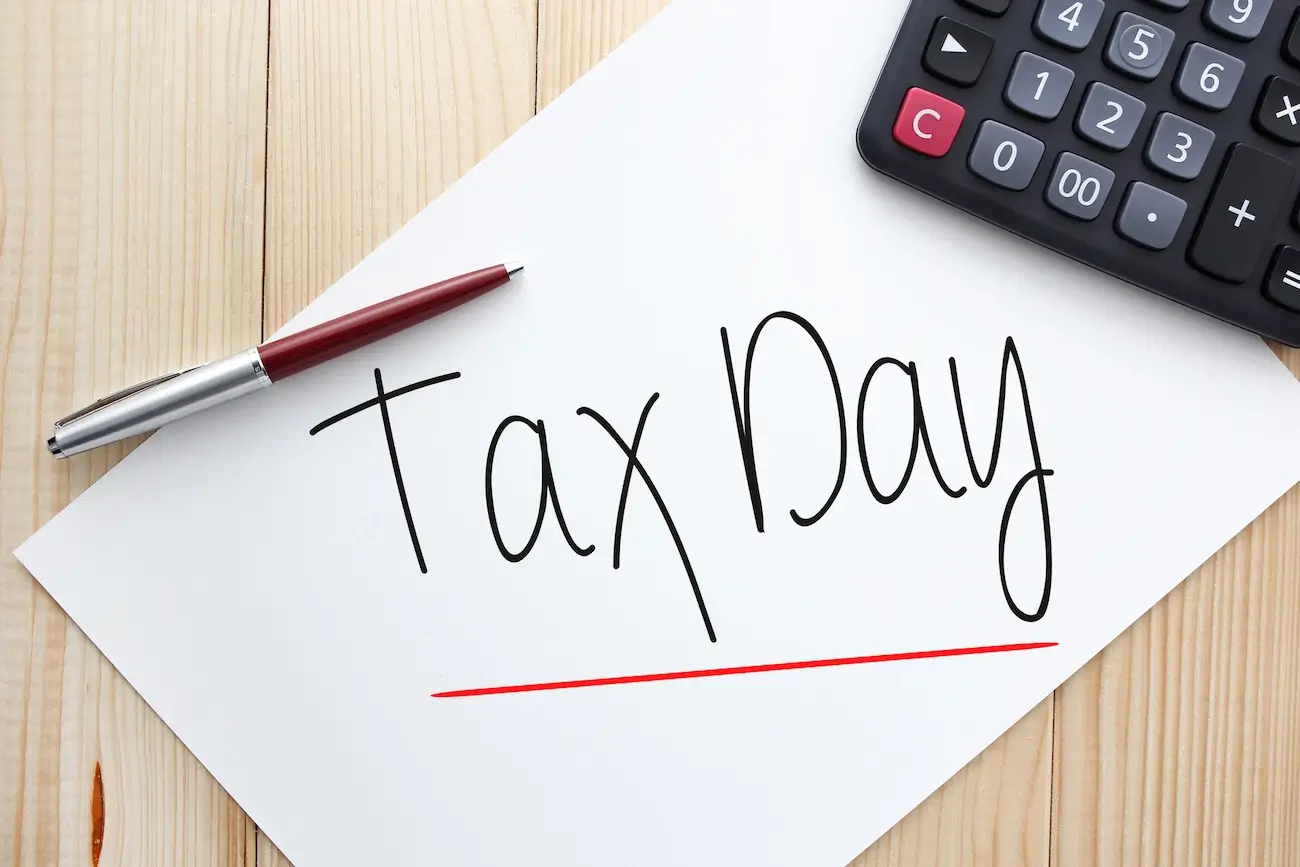Looking for ways to keep track of mileage but don’t know where to start? Forget getting stuck in the past with old fashioned mileage log books. This handwritten method is both time-consuming and prone to error. Here’s the latest way to keep track of mileage with MileIQ:
How to keep track of mileage for taxes in 5 simple steps
Step 1: Do you qualify for mileage deduction?
Before you start preparing a mileage log for taxes, make sure you’re an eligible candidate. As the IRS rules state, only certain taxpayers have the means to claim mileage on taxes. That is to say, the most common reason drivers take a mileage deduction is because of their occupation. Professionals in sales, HVAC, and construction often use their personal vehicles for work-related tasks. For example, a drive from the office to a jobsite would qualify for mileage deduction.
You may also meet the requirements for mileage deduction if you do charitable work with organizations or have qualified medical drives. In some cases, active members of the military will qualify for moving deductions. Keep in mind, you’ll need an accurate account of these expenses to qualify.
Step 2: Determine your deduction method
You have two options when it comes to calculating your mileage deduction — the standard mileage rate or actual expense method. The first calls for mileage tracking throughout the year whereas the latter takes general expenses into account. If you’re choosing the standard mileage rate, it’s important to maintain a log of qualifying mileage. What’s the best way to keep track of mileage for taxes in 2022? Download a mileage-tracking app on your mobile device.
Step 3: Begin mileage tracking
Mileage tracking is made easy thanks to MileIQ. If you choose the standard deduction method, you’ll find our advanced automatic mileage tracking is the most accurate way to keep track of mileage for taxes. To get started, you must record your vehicle’s odometer reading at the beginning of the year. This will, in turn, help detail the total miles driven in a tax year. So, how does it work?
After you’ve downloaded MileIQ and entered your odometer reading, the next part is pretty straightforward. Each week you can track your business drives more precisely with a contemporaneous mileage log. This includes:
- Your mileage
- Dates of your business trips
- Places you drove for business
- The business purpose of your trips
Remember: qualified mileage includes business-related errands, meetings, or work tasks. A commute to and from work does not warrant a tax deduction. Nor does a business call taken from your vehicle.
Step 4: Record your odometer at the end of the tax year
This step is important so you or a tax professional can calculate the total miles driven for the year. With this final piece of information, you can use the standard mileage rates for 2022 to calculate your mileage deduction. The 2022 deductions for qualified taxpayers are:
- 58.5 cents per business mile, up 2.5 cents from 2021
- 18 cents per medical mile, up 2 cents from 2021
- 14 cents per charitable mile, which did not change from 2021
- 18 cents per moving for qualified active military members
Let’s say you choose to deduct vehicle expenses instead. In that case, you must have receipts and relevant documentation pertaining to the costs of driving in a tax year. The actual expense method takes into account lease payments, insurance, parking, gas costs, and even depreciation.
Step 5: Keep your mileage log safe
With MileIQ’s assistance, we hope you earn big savings on your tax return this year! But aside from mileage tracking throughout the tax year, it’s also important to hold on to any documentation relating to your mileage deduction for at least 3 years after. Luckily, MileIQ gives reports and records of all mileage so you can safely secure these records for a later date if needed.
Keep track of mileage with MileIQ
A mileage tracking app like MileIQ is the best way to keep track of mileage for taxes. It creates an automatic and contemporaneous mileage log for all your drives (even personal ones too). It saves those records securely in the cloud, so you’ll never have to worry about losing it. What’s more, you’ll have them easily accessible should you face an IRS audit down the road. If you want to learn more how MileIQ can help your business maintain mileage, check out our MileIQ for Teams.

















